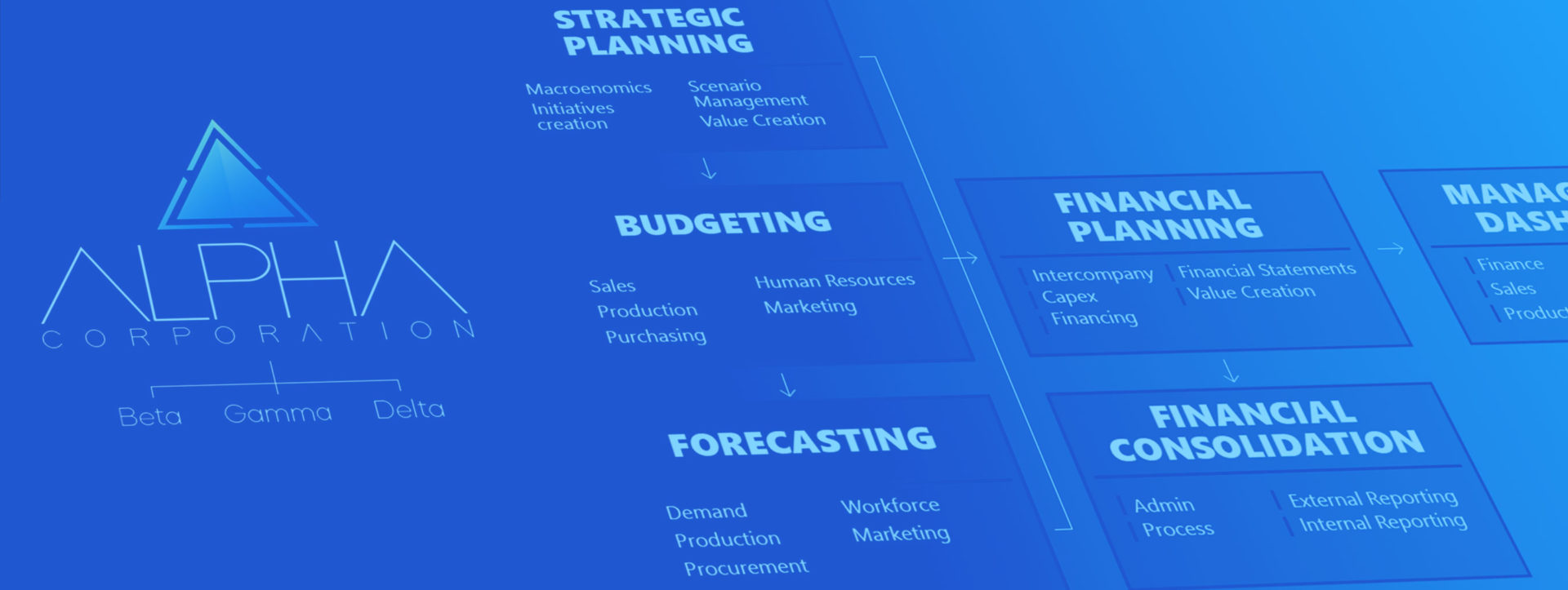
Advancing beyond S&OP: Is IBP the right approach for you?
As businesses mature and markets fluctuate, the need for adaptable planning processes increases. Transitioning from…

The modern business planning environment is a minefield. Complex, multi-level processes combined with increasingly competitive markets and masses of data leave planners under pressure to effectively balance supply with demand while optimizing inventories, managing marketing campaigns, releasing new products, and supporting growth with adequate levels of human resource.
Managers frequently face the ‘planning paradox’, with the need to answer a greater number of questions in an increasingly shorter period of time and with limited resources. Add to this a growing number of stakeholders and the challenge of managing the supply chain is magnified further.
Read on to find out why organizations are turning to an integrated business platform to overcome these challenges and provide a more robust approach to their supply chain management.
While many organizations have implemented a range of sales and operations planning best practices, the result for many organizations is still a disparate, manual approach to supply chain planning which creates a multitude of issues affecting the productivity, transparency, efficiency, and output of the process.
Common supply chain planning problems include:
Offering a more joined-up approach, Integrated Business Planning (IBP) is fast becoming the new standard for modern planning activities. Enforcing integration between departments and removing data silos, IBP can increase alignment and accountability, improve visibility, and generate better decisions. The result is an accurate plan which has been created with input from all relevant parties and considers all relevant data which has an impact on the process. This leads to tangible improvements in overall business outcomes, something which is essential in a competitive supply chain where every financial or operational saving counts.
IBP software delivers a range of improvements to increase overall efficiency and effectiveness in the supply chain. For example:
Some of the other key benefits of using an IBP solution within operations and supply chain activities include:
The bottom line is that IBP provides the end-to-end visibility which is often lacking in the supply chain process, enabling plans (and decisions) to be made based on a much stronger foundation.
To find out more about the benefits of IBP in the supply chain, watch our on-demand webinar: Driving End-to-End Supply Chain Transformation with IBP
Supply Chain is constantly changing. How can analytics follow?